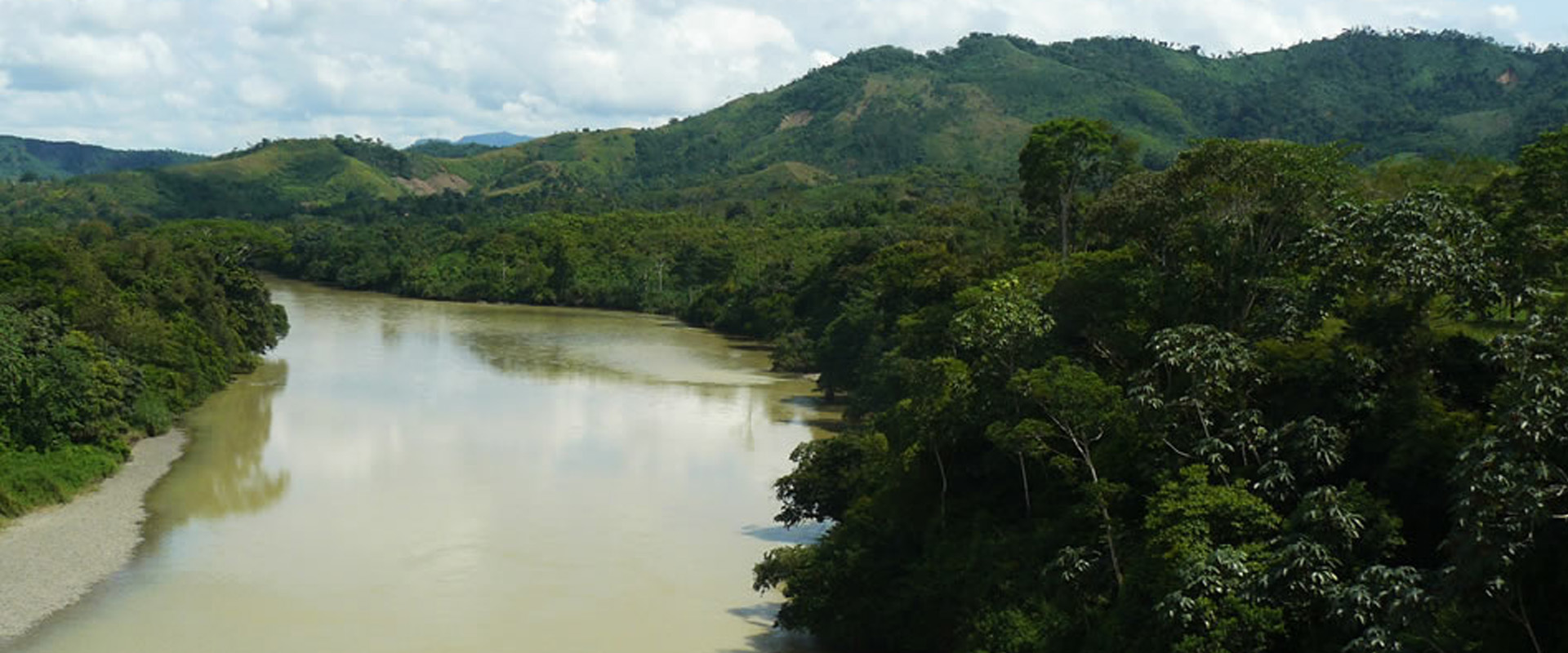In Colombia, 140,000 hectares have been deforested so far in 2020, according to data from the Andean Amazon Monitoring Project (MAAP), having a greater impact on national parks and indigenous reserves. According to the IDEAM Forest Monitoring Group, the problem is mainly due to the cultivation of pastures for livestock, the usurpation of State lands or the hoarding of vacant lots, as well as crops for illicit use.

ACDI/VOCA and the ACDI/VOCA LA Foundation signed an agreement with the Inter-American Development Bank to implement that project “Social and Economic Entrepreneurship to Fight Deforestation”, an initiative prioritised by the Sustainable Colombia Fund and aligned with the environmental agenda of the Ministry Environment and Sustainable Development of Colombia.
The project arises from the need to counteract the causes of deforestation, through processes of community agreement and promotion of entrepreneurship, in areas of three National Natural Parks of Colombia: PNN Paramillo, PNN Catatumbo – Bari and PNN Sierra Nevada Santa Marta.
The project will generate new opportunities for the farmers and indigenous communities that inhabit these National Natural Parks, through the strengthening of undertakings consistent with the environmental, social and productive vocation of the territory, as well as the development of ecological restoration activities and technical assistance in the practices for the sustainable use of ecosystems that promote adaptation to climate change.
The project arises from the need to counteract the causes of deforestation
It will have the following components:
1. Socialization, awareness and coordination of the areas to work, aimed at stopping deforestation and stabilizing the agricultural frontier.
2.Construction and implementation of agreements to use, order and regulate sustainable productive activities in accordance with the conservation objectives and the living conditions of rural communities.
3. Provision of Technical Assistance and Rural Extension services for sustainable production.
The interventions will respond, as far as possible, to the provisions of the plans of the Integral Zones of Integral Intervention – ZEII and to the productive commitments identified by the Ministry of Environment and Sustainable Development, as well as those referred to in the Integral Development Programs – PDET, guaranteeing its compatibility with the vocation of the soil and the environmental determinants of the territory.